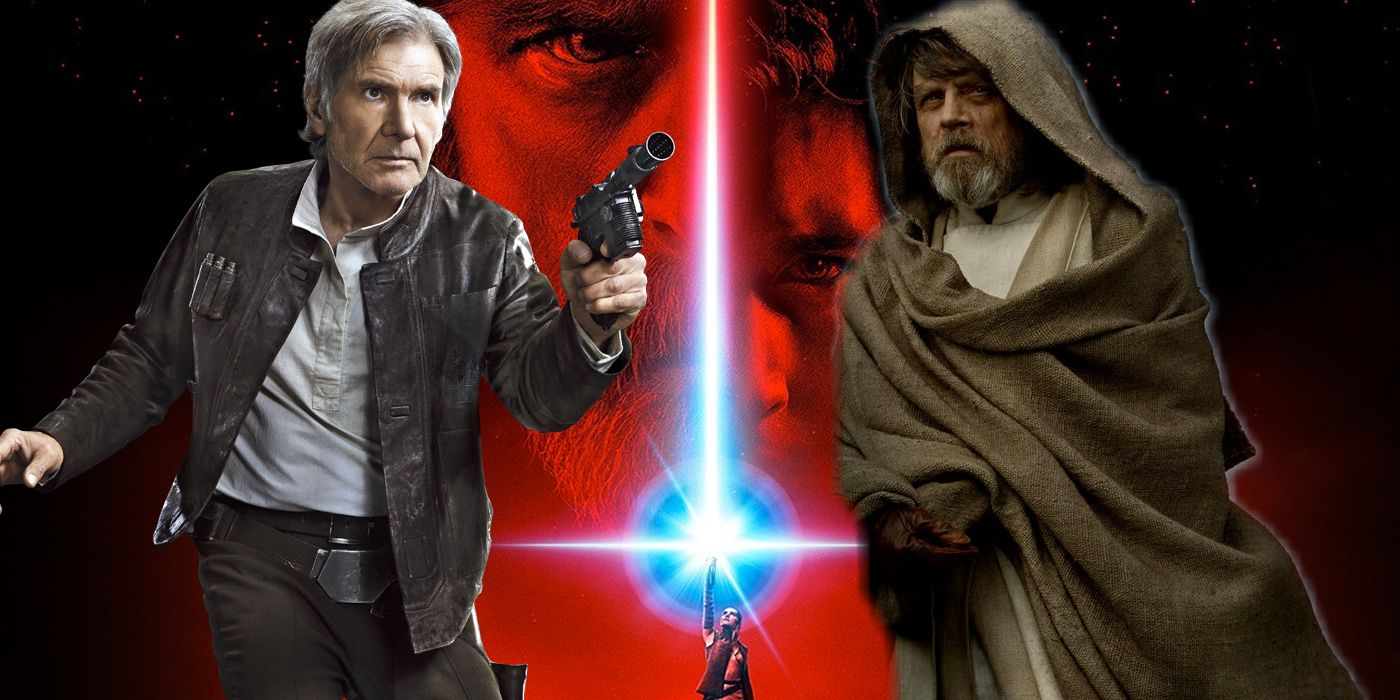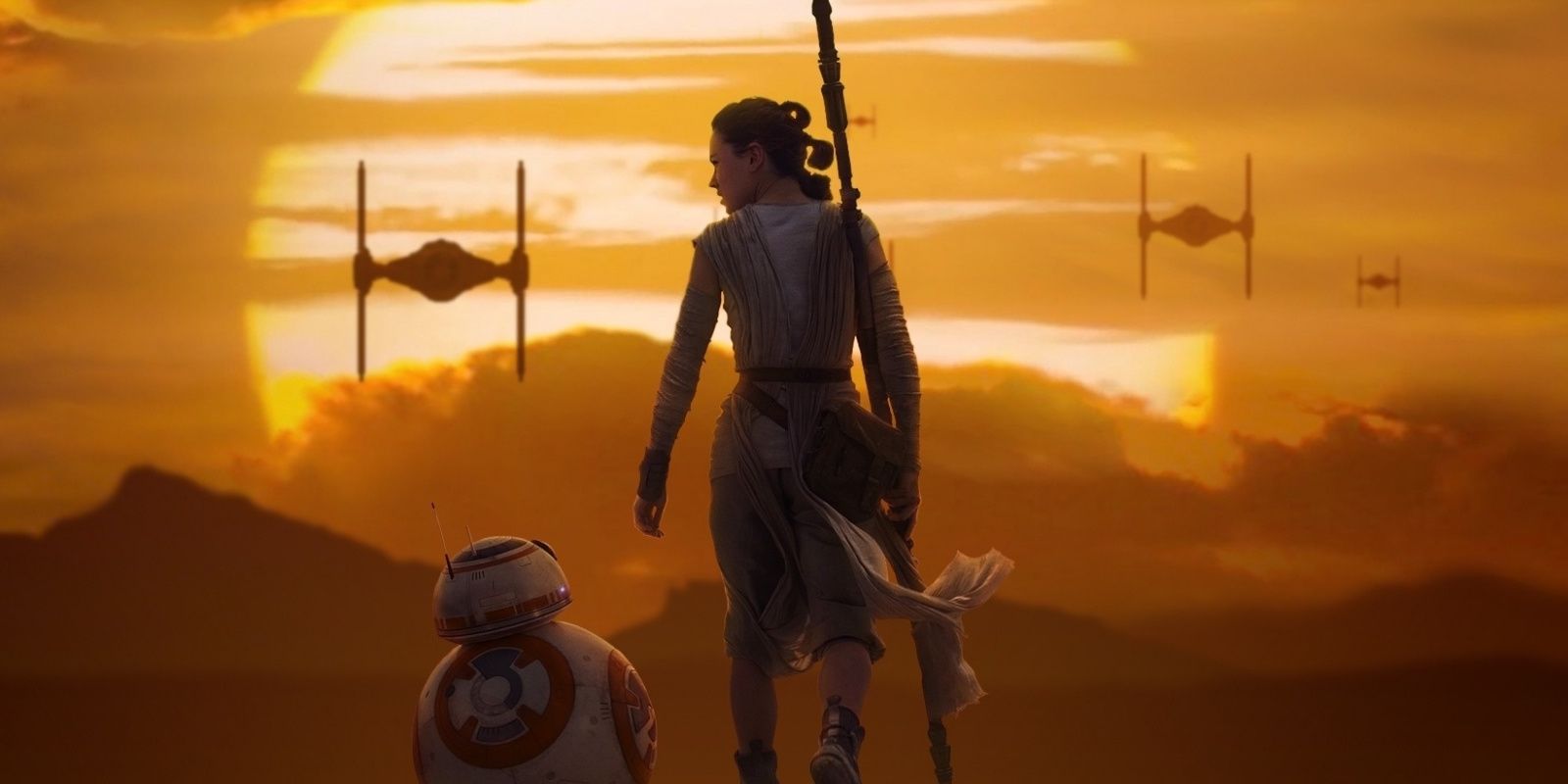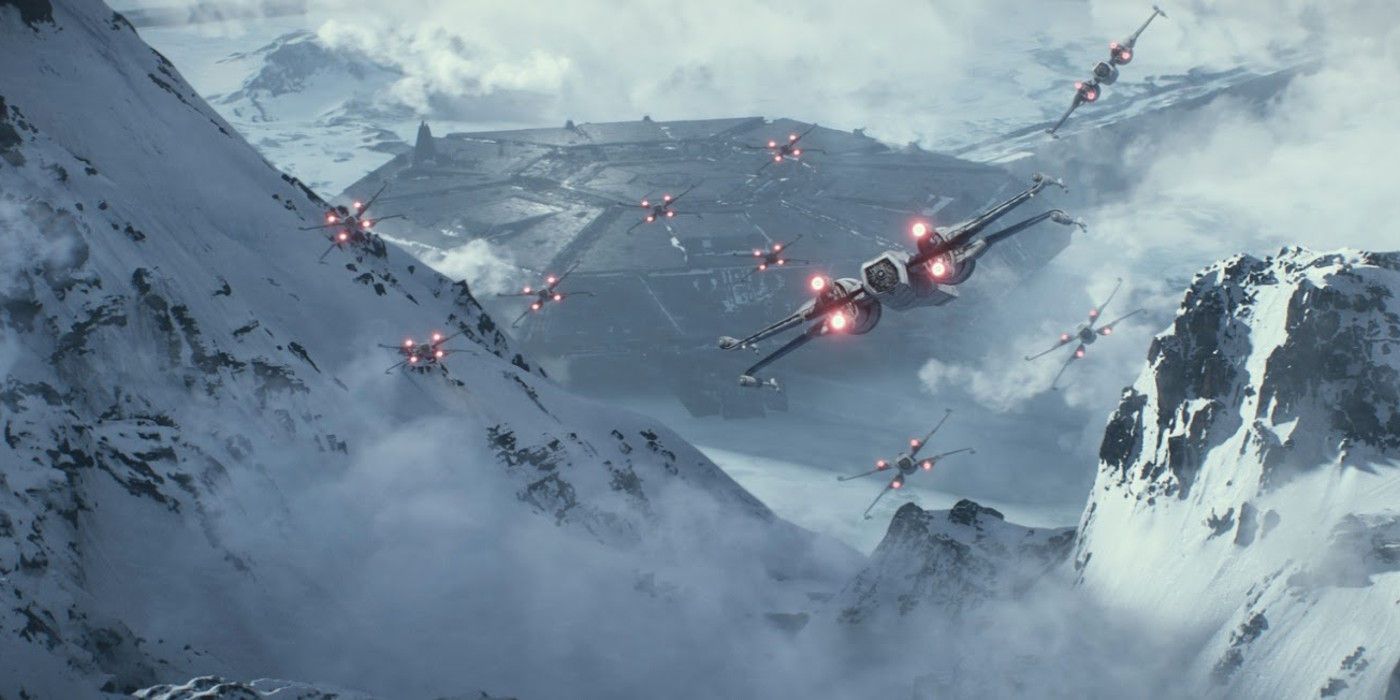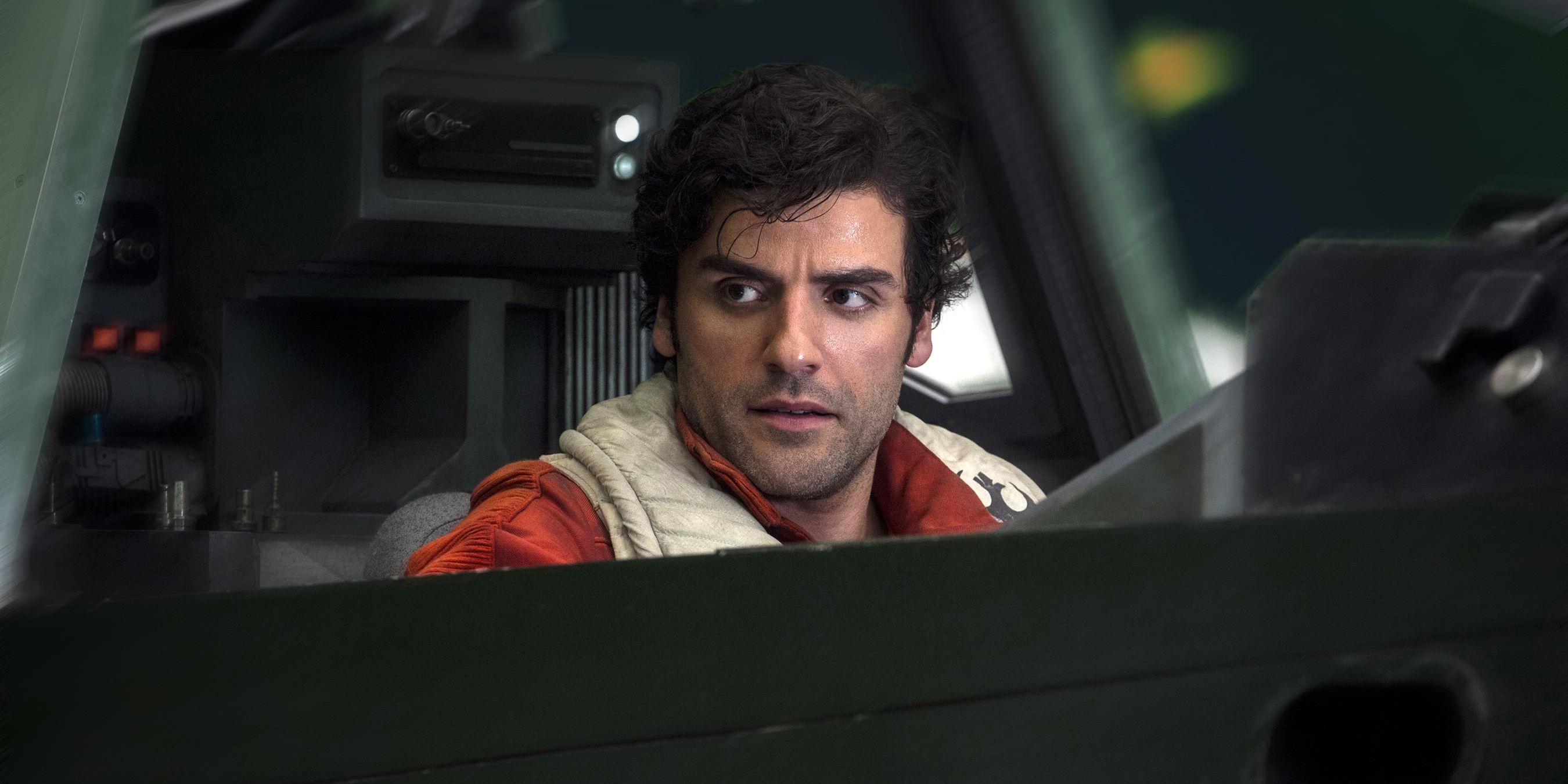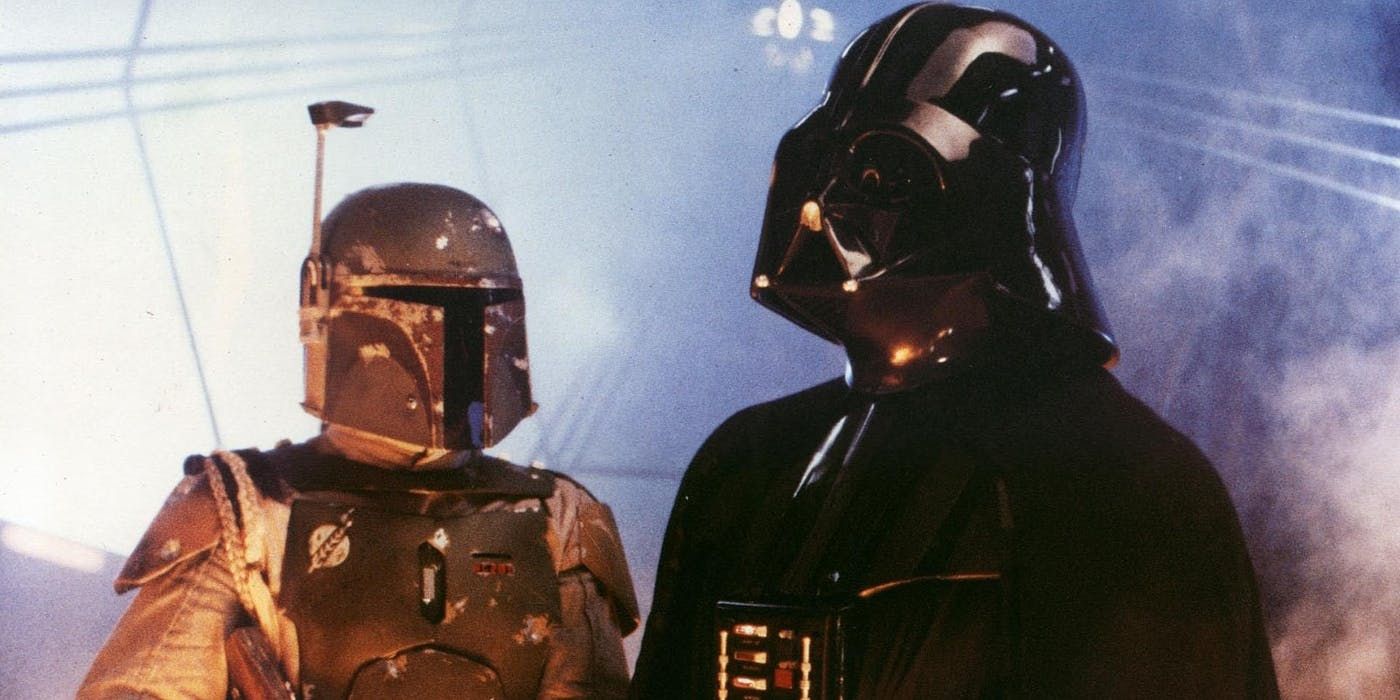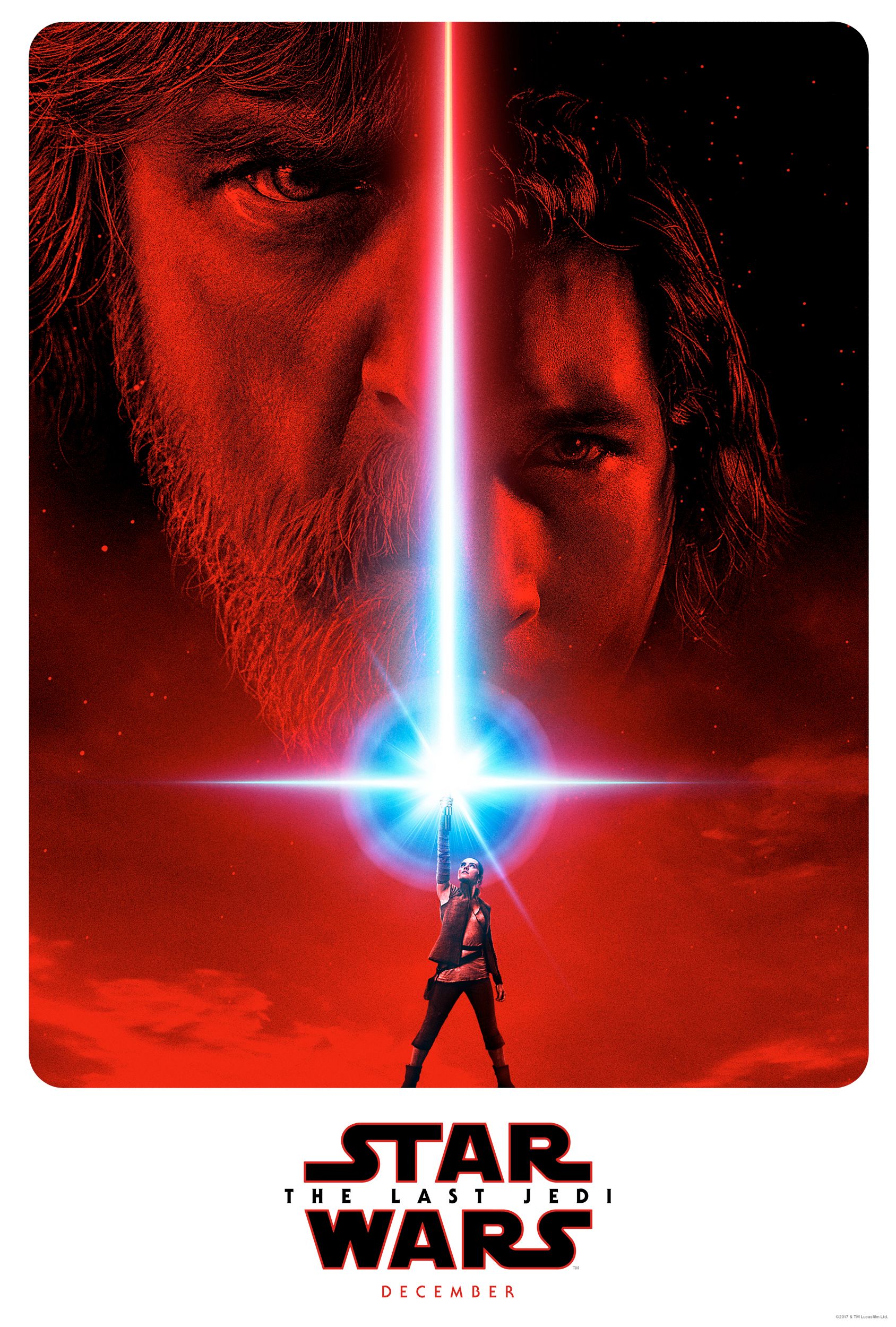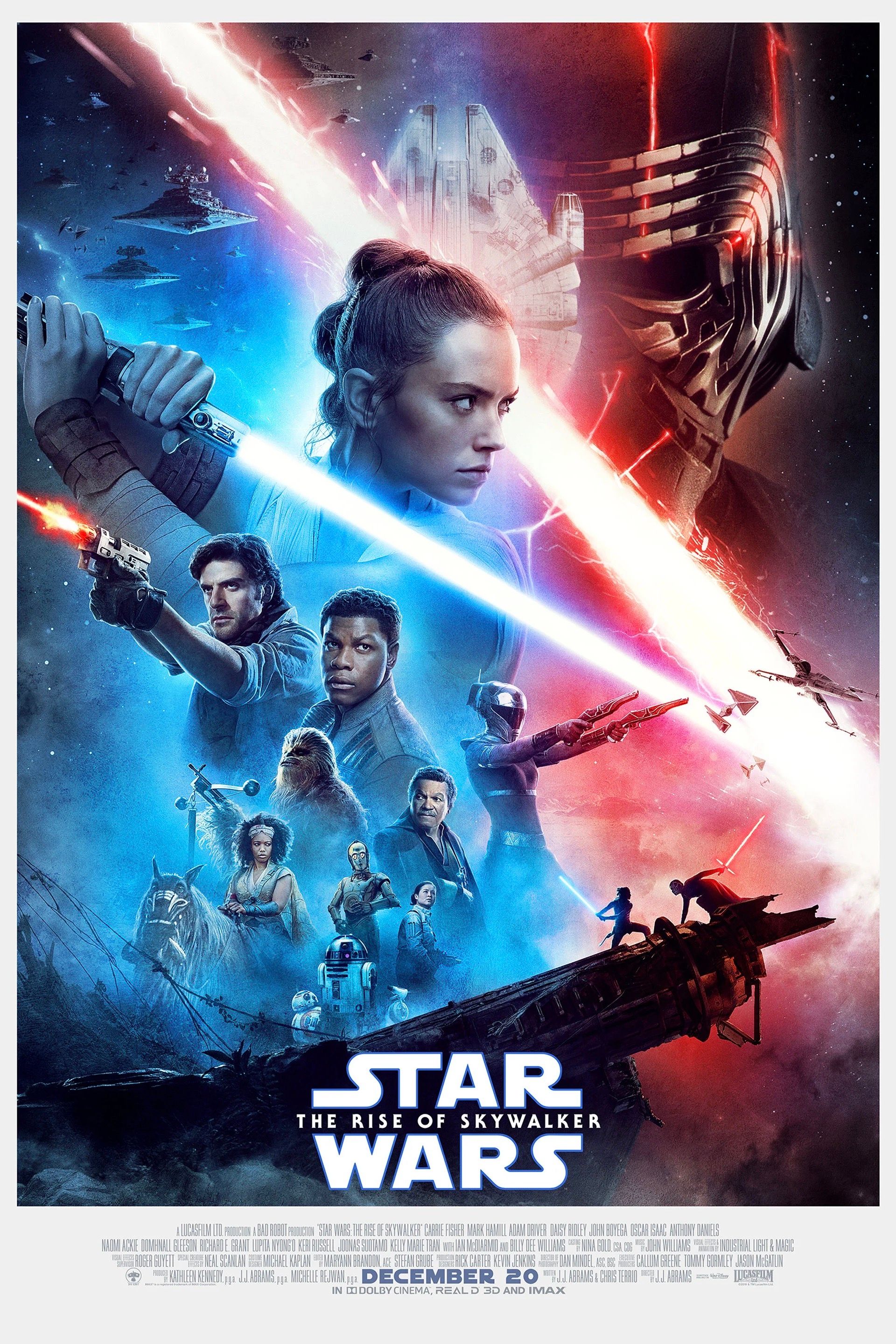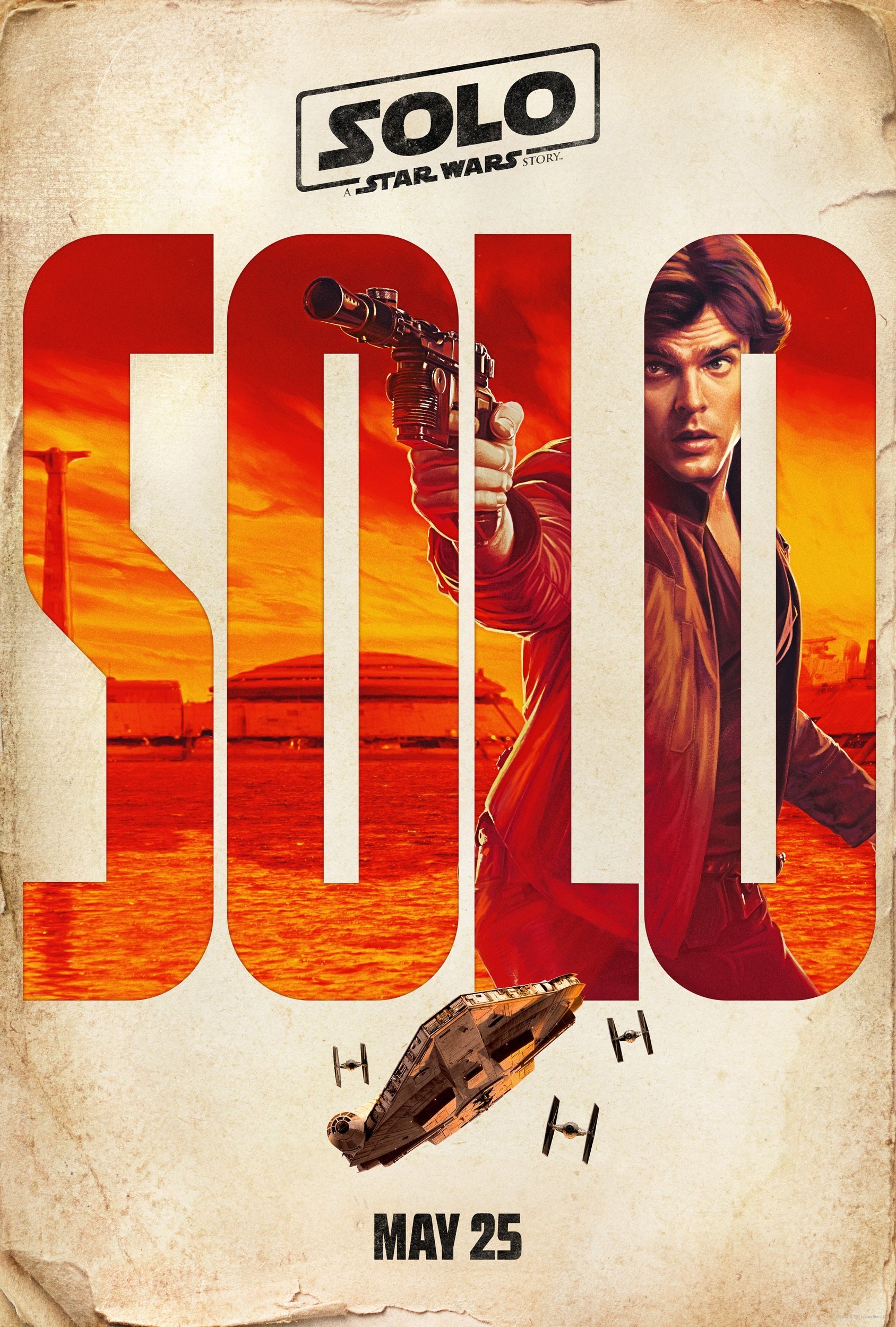Rian Johnson's Star Wars: The Last Jedi successfully takes the franchise in new directions and sets a new course for the concluding chapter of Lucasfilm's sequel trilogy, J.J. Abrams' Star Wars: Episode IX. By most conventional metrics, The Last Jedi is currently rated among the top films in the entire saga with critics and fans alike.In fact, Johnson's made what is unquestionably the best entry of the Disney era - although can't quite match the brilliance of the originals.The Last Jedi Is Better Than The Force Awakens (This Page
Why The Last Jedi is Better Than The Force Awakens
The Force Awakens - the first installment in the Lucasfilm's new Star Wars trilogy - masterfully revived the franchise after a 10-year hiatus and gave audiences everything they loved about the original trilogy, packaged in a brand new film that kickstarted a series of its own. Of course, that meant rehashing key sequences from George Lucas' Star Wars, as well as relying heavily upon simple conveniences to progress the overarching narrative forward. That doesn't mean the movie was inferior to past Star Wars films, but it does present a sense of unoriginality in addition to nostalgia.
Related: Star Wars: The Last Jedi's Ending Explained
Johnson doesn't repeat the same mistakes The Force Awakens made and actually takes bold steps in distinguishing his movie from the previous installments, all while still feeling somewhat familiar. The Last Jedi stacks up against The Force Awakens marvelously. The sequel does feature callbacks to the original trilogy and sometimes rehashes old moments (e.g. cave scene, AT-AT assault, apprentice turning on the master, etc.), but those scenes are neither forced nor are they prominent enough to make audiences groan at their sheer existence. Rather, they feel earned and natural to the story.
The film also baits-and-switches the plot narrative to differentiate itself from the original trilogy by having Supreme Leader Snoke die relatively early on (and remain mysterious), thus leaving Kylo Ren to become the new Supreme Leader. Ben Solo is still no Darth Vader, but his grandfather never ascended to the Emperor's throne, so giving Kylo that opportunity in The Last Jedi allows for a potentially interesting story and conclusion in Episode IX.
But what The Last Jedi does best is it steps away from the franchise's traditional customs and paves a new path. There are little things. This is the first Star Wars movie ever to start without a time jump; the lack of one is crucial to the film's story, and it's non-existence allows the movie to build directly off the raw emotions left brewing at the end of The Force Awakens. Bigger, audiences receive answers to some of their biggest questions without those answers actually meaning anything, and that's something Johnson executed admirably. Having something that was seemingly essential to a character's arc become somewhat extraneous is difficult to do, especially in Star Wars - but he did it.
Up until The Last Jedi released, one of the biggest mysteries was Rey's lineage. Who are/were her parents? Someone as powerful as Rey couldn't possibly be just anybody, right? Wrong. That's exactly who she is: nobody. But her past doesn't define her as much as Kylo's past defines him. His hatred for Luke Skywalker and Han Solo defines who he is as well as every action he takes. That distinction not only embodies the dark side of the Force but sharply differentiates Kylo Ren from Rey; someone who isn't willing to let their past die compared to someone who is moving forward and bettering herself, despite learning her tragic past.
Read More: Star Wars: The Last Jedi's Handling of Rey's Parents is Great
And what makes The Last Jedi truly stand apart from The Force Awakens is that, while it continues the Skywalker saga, it negates the notion that only the Skywalkers and Kenobis of the franchise can make a difference to the galaxy. Here, audiences have a hero, Rey, who comes from (literally) nowhere and turns the tide of the war, and at the same time convinces a Jedi Master to return to the fold. Yet she isn't even remotely related to anyone involved. In fact, it's something that Luke himself wonders. Luke asks Rey the question that everyone's been asking for two years: "What makes you so special?" And the answer is nothing. That wasn't exactly what Abrams and co. seemed to be going for with The Force Awakens - that film felt like it was all about the Skywalkers - but it ended up working out in the end.
The Last Jedi Turns the Tables on Star Wars History
The struggle between the dark and light is at the very core of Star Wars, and that's even more present in The Last Jedi. But the film removes itself from the constant tug-of-war between the Resistance and the First Order (to an extent). Failure dominates The Last Jedi; virtually every one of the Resistance's plans fell apart, either by their ignorance for improperly judging the First Order's capability or because the First Order themselves learned from the Empire's mistakes. Following orders may not be something the Star Wars heroes are used to, but if - for example - Poe, Finn, and Rose listened to Admiral Holdo in the first place, perhaps the Resistance's last fighters would've been able to sneak away undetected.
Related: Star Wars: The Last Jedi Wastes Captain Phasma (Again)
Compared to the simplistic way the First Order lost in The Force Awakens (Starkiller Base's destruction, for example) and the Empire lost in the original trilogy, The Last Jedi takes a page out of Return of the Jedi's script (yes, RotJ) and actually makes the villains a force to be reckoned with. The First Order may have lost one Supreme Leader, but they gained another - one that's possibly more focused than ever before - and struck a massive blow to the Resistance. What's more, the Resistance now realizes that they don't have the support they so desperately needed.
Is The Last Jedi as Good as The Empire Strikes Back?
For the aforementioned reasons, some are already declaring The Last Jedi to be the best in the series, but is it really? Irvin Kershner's The Empire Strikes Back is arguably the gold standard when it comes to Star Wars films - and sequels in general. So, judging Johnson's installment in Lucasfilm's Star Wars sequel trilogy against the franchise's baseline, does it hold up?
The Last Jedi is truly an astounding film, from beginning to end, but it's got its shortcomings. The humor was overdone and flat-out juvenile at times, often providing levity where there didn't need to be any. The film tore down Kylo Ren only to prop him back up again (assuming audiences believe in his newfound resolve). And the deaths, though seemingly necessary to progress the plot forward, could be read as cheap gimmicks to shake audiences awake. The many new Force powers have also sparked fierce debate: Leia's Star-Lord moment, Luke's projection, and Kylo and Rey communicating with each other through the Force instead of simply "feeling" each others' presence.
Interestingly, a key issue with The Last Jedi mimics what some critics said about The Empire Strikes Back when that film released way back in 1980: Episode VIII doesn't present a self-contained story, but rather feels like the middle chapter (as it is) in one, ongoing narrative, without an actual beginning, middle, and end. But where The Empire Strikes Back differs is a balanced mix of autonomy and inevitability; everything that happened was necessary. It's harder to say that of Episode VIII.
Related: Star Wars Last Jedi Theory: Who is The Broom Boy?
While Rian Johnson's Star Wars: The Last Jedi took risks with the franchise and turned out better than The Force Awakens, it still fell short of the saga's benchmark. Although, given how great The Empire Strikes Back is, that's not the end of the world.
Next: Star Wars: The Last Jedi's Audience Score Might Not Be Genuine

